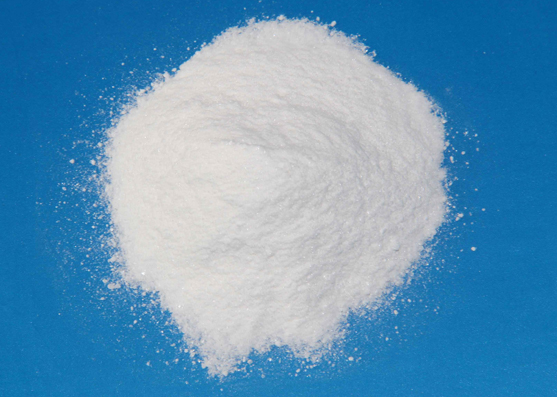Mineral salts and derivatives of Weak inorganic acids are effective dispersants in aqueous solutions. Should always be considered, if the absolute value of zeta potential increases dispersant is good. Phosphoric ions are types of ions that prefer to adhere to the clay particles and increase negative charges. In this way, the absolute value of zeta potential is also increasing. Anions can absorb obtrusive ions and form complex. The presence of sodium ions cause the zeta potential becomes more negative. Viscosity of slurry dispersed with polyphosphate, with the passage of time and increasing temperature will rise.
The most important factors in the selection of dispersant include: cost, effectiveness, and sustainability.
Generally a mixture of two or more dispersant is used in ceramics industry, for example combination sodium silicate with tripolyphosphate increases the dispersant efficiency.
Among the factors affecting on dispersion can be cited to pH, water hardness, temperature and time of milling, and ball mills spinning speed.
APA Ceram
One of the main exporters for sodium tri-polyphosphate is China. Based on statistic of Iran’s production, it seems that the light sodium tri-polyphosphate can has significant consumptions in ceramics industry. In this regard, APA Group tries to supply light sodium tri-polyphosphate granules with three density included low-, medium-, and high-density and with high quality from china and thus develop the quality of industrial societies. Beside to preparation sodium tri-polyphosphate in accordance with the certain standards, APA Ceram be able to provide services for control of quality and eliminate of industrial production lines’ defects for and the consultation from delivery step of sodium tri-polyphosphate.


